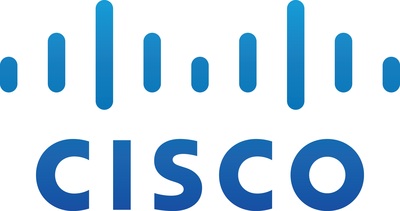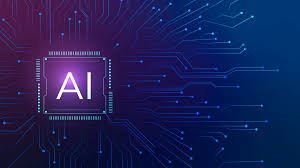77% of Engineering Leaders Identify AI Integration in Apps as a Major Challenge: Gartner
Seventy-seven
percent of engineering
leaders identify building AI capabilities into applications to
improve features and functionality as a significant or moderate pain point,
according to a survey by Gartner, Inc. The survey also found that the use of AI
tools to augment software engineering workflows was the second largest pain
point, with 71% of engineering leaders considering it significant or moderate.
The
survey of 400 software engineering/application development leaders in the U.S.
and U.K was conducted from October to December 2024.
“With
CEOs identifying AI as
the technology that will most impact their industry, interest in offerings like
AI agents is driving
the most momentum,” said Jim
Scheibmeir, VP Analyst at Gartner. “Even with business leaders
focusing more on this technology and despite the growing hype, execution is not
easy.”
Both
emerging vendors and established hyperscalers have developed and continue to
enhance their platforms to alleviate the pain points experienced by
enterprises. Many dozens of emerging and established vendors are operating and
innovating in this market. Gartner estimates the current market size of the AI
application development platforms market to be $5.2 billion.
“Engineering
leaders should opt for AI application development platforms or those with the best
ecosystem, rather than a combination of disparate vendors, large language
models (LLMs) and AI services,” said Scheibmeir. “This approach enables
scaling, reuse and consistency in an area of technology and software
engineering that is still very novel.”
AI Assistants and Agents Will Also Affect Software
Engineering Talent
Currently,
AI agents are acting as a learning peer to software
engineers, enabling them to focus on complex as well as creative
aspects of software engineering. This is leading to more people
entering the engineering role without having the traditional
computer science background.
“Bringing
in team members from outside of science, technology and math fields, such as
design, psychology and the arts, can introduce fresh perspectives and creative
problem-solving approaches,” said Nitish
Tyagi, Principal Analyst at Gartner. “This diversity can also lead
to more innovative solutions and a richer, more inclusive user experience.”
Gartner predicts that GenAI will enable 40% of software team
members to come from nontraditional software engineering or technical
educational backgrounds by 2028, up from 20% today.
AI won’t be able to replace all software engineering tasks and, at
least in the near term, organizations will need to focus on reviewing the
output from AI-augmented tools. This leads to the requirement of hiring
engineers with strong foundational skills, such as logic building and
developing algorithms. People from nontechnical backgrounds, such as design,
arts and philosophy, will provide new creative ways to solve logical problems
using AI.
“The future will be dominated by composable or fusion product
teams that consist of software engineers, UX designers, product managers and
even data scientists coming from both technical and nontechnical educational
backgrounds,” said Tyagi.
Hiring the right candidates that have GenAI skills will become
crucial regardless of their educational background. To achieve this,
organizations are quickly moving toward a skill-based hiring approach rather
than relying on pure resumes and educational background. They utilize skill
assessment and interview platforms to assess the right candidates.
Additionally, they can use AI techniques and skills data to design
tailored learning paths for both new and existing employees. The survey also
found that 38% of respondents said that using AI for learning a new skill is
the most effective technique.






























Leave A Comment